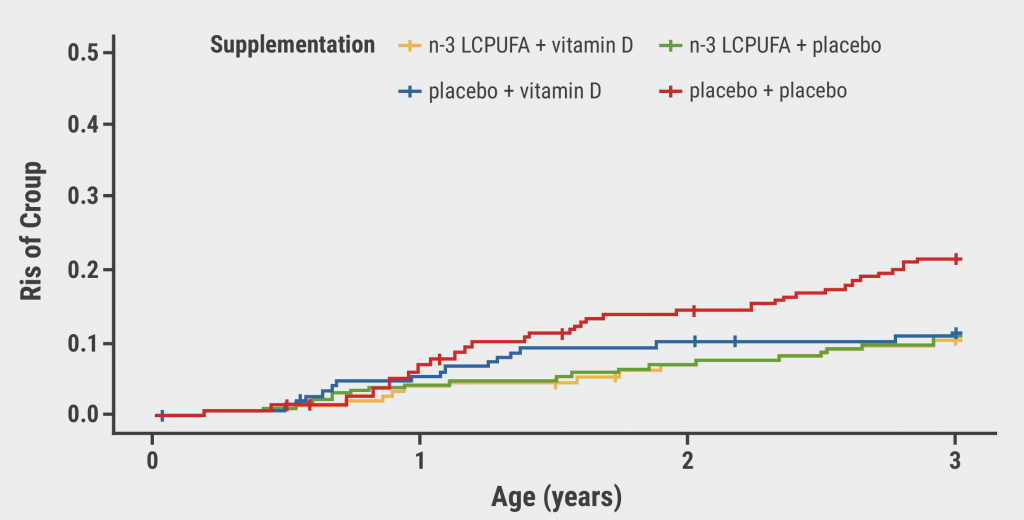The study presented by Dr Anne Nielsen (Zealand University Hospital, Denmark) compared 301,542 COPD patients who were new users of β-blockers with more than a million new users of any other antihypertensive drugs [2]. The participants were aged 30-90 years and had no history of COPD hospitalisations. From 1995-2015, participants were followed in the Danish National Patient Registry for hospital admissions for COPD, all-cause mortality, and COPD associated death.
Overall, people treated continuously with β-blockers for more than 6 months had a 20% lower relative risk for COPD hospitalisation in the follow-up period compared with patients treated with other antihypertensives. Subgroup analyses revealed that the risk of COPD hospitalisation was reduced in the β-blockers groups among patients with ischaemic heart disease (HR 0.72; 95% CI 0.69-0.75), cardiac arrhythmias (HR 0.76; 95% CI 0.72-0.80), asthma (HR 0.69; 95% CI 0.61-0.79), hypertension (HR 0.91; 95% CI 0.86-0.96), and pulmonary embolism and cor pulmonale (HR 0.72; 95% CI 0.59-0.87).
The effect was even more pronounced in all-cause mortality: patients treated with β-blockers had a 47% lower relative risk of death compared with patients treated with other antihypertensive drugs (see Figure).
Figure: Patients treated with a β-blocker had a significant lower risk of all-cause mortality [1]

- Nielsen AO, et al. PA2459, ERS 2019, 29 Sept-2 Oct, Madrid, Spain.
- Nielsen AO, et al. EClinMed 2019;7:21-26.
Posted on
Previous Article
« Letter from the Editor Next Article
Topical ruxolitinib effective in vitiligo »
« Letter from the Editor Next Article
Topical ruxolitinib effective in vitiligo »
Table of Contents: ERS 2019
Featured articles
Letter from the Editor
Interview with ERS president Prof. Tobias Welte
Holistic View on Asthma
Holistic view on asthma
COPD Management
COPD patients derive clinical benefit from β-blockers
COPD patients harbouring Pseudomonas Aeruginosa face high risk of hospitalisation
One blood eosinophil count is sufficient to guide ICS therapy
Female COPD patients frequently suffer from anxiety and depression
Dual bronchodilation improves ventilation dynamics in COPD patients
Vaping
Vaping impairs innate immune response of the airway
Alternative nicotine delivery products: no help in smoking cessation
Air Pollution
Pregnant women and their offspring: a high-risk group for air pollution
Taxi drivers exposed to highest levels of black carbon pollution
Infectious Respiratory Disease: the Role of Vaccines
Vaccines show multiple positive effects with respect to respiratory health
Pneumococcal vaccines: an effective way to reduce COPD hospitalisations
Interstitial Lung Disease
Antifibrotic therapy slows disease progression in ILD
Reduction of FVC decline in systemic sclerosis-associated ILD
Registry confirms nintedanib efficacy under real-life conditions
Best of the Posters
Fever during immunotherapy for NSCLC associated with shorter PFS
Smart shirt as a device to measure tidal volumes in real-life setting
Exercise with virtual reality beneficial for COPD patients
NSCLC: A new way to evaluate hilar and mediastinal lymph nodes
COPD patients do not benefit from azithromycin therapy longer than a year
Novel Developments in Infectious Disease
Long-term azithromycin decreases exacerbations in primary ciliary dyskinesia
Predicting community-acquired pneumonia outcomes by microRNA testing
Pulmonary Vascular Disease
Balloon pulmonary angioplasty for inoperable chronic thromboembolic pulmonary hypertension
Related Articles

October 30, 2022
Fish oil or vitamin D during pregnancy can prevent croup
© 2024 Medicom Medical Publishers. All rights reserved. Terms and Conditions | Privacy Policy

